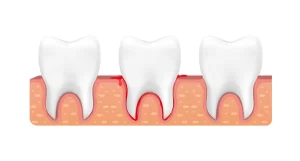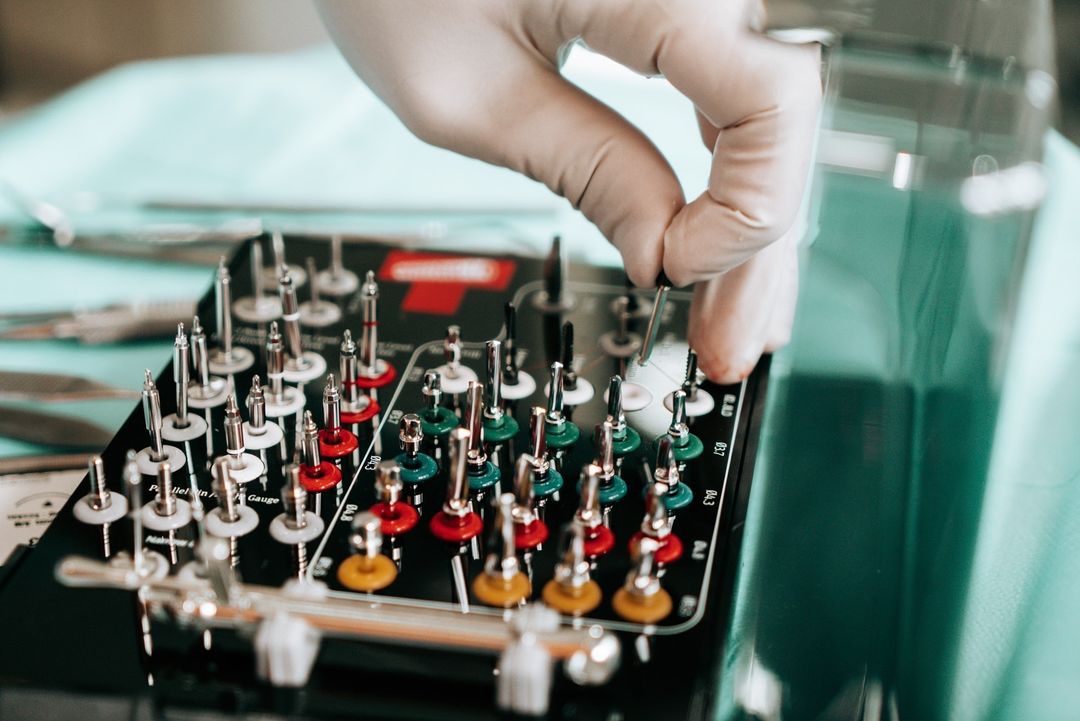Have you ever felt like you’re auditioning for a vampire movie every time you floss your teeth? If your gums bleed when you floss, you’re not alone, and you’re definitely not starring in a horror flick. This common issue can be alarming, but understanding why it happens and how to prevent it can help keep your smile both bright and blood-free. Let’s dive into why those gums might be staging a little protest and what you can do about it.

Why Do Gums Bleed When I Floss?
So, why do my gums bleed when I floss? Bleeding gums can be a sign of a few different things. One of the most common reasons is plaque buildup. When plaque accumulates along the gum line, it can cause inflammation known as gingivitis, making your gums more likely to bleed.
Another culprit could be your flossing technique. If you’re too aggressive with the floss, you might be irritating your gums rather than cleaning between your teeth. Flossing should be more like a gentle shimmy than a tug-of-war. Lastly, bleeding gums can also be an early sign of gum disease, which means it’s time to give your dentist a call if the bleeding doesn’t stop after a few days of gentle flossing.
Is It Normal for Gums to Bleed When I Floss?
The answer is a bit like asking if it’s normal for your muscles to ache after your first workout in years—yes, but only to a point. Occasional light bleeding, especially if you’ve just started flossing regularly or changed your routine, can be normal. Your gums are just getting used to their new workout.
However, if the bleeding is heavy, persistent, or accompanied by swelling and pain, it might be more than just a sign of gingivitis. Persistent bleeding could indicate more serious gum issues that need professional attention.
How to Prevent Gums from Bleeding When I Floss
Alright, let’s talk solutions. How can you prevent your gums from bleeding when you floss?
First, make sure you’re using the right technique. Gentle is the key here. Slide the floss between your teeth and curve it into a C-shape around each tooth, moving it up and down gently.
Regular dental check-ups are your best friend in the fight against bleeding gums. Dentists can catch early signs of gum disease and give your teeth a professional cleaning that your at-home routine can’t match.
If regular flossing is uncomfortable, consider alternatives like dental picks or water flossers. These can be gentler on your gums while still doing a great job at cleaning between your teeth. And remember, not all floss is created equal. Some types are designed to be gentler on sensitive gums. Find the one that works best for you.
When to See a Dentist
Sometimes, no matter how gentle you are, your gums might still bleed. When should you throw in the towel and see a dentist? If your gums bleed consistently for more than a week, it’s time to get professional advice.
Other warning signs include gums that are swollen, red, or painful and bad breath that won’t go away no matter how much you brush. These could be signs of more serious gum issues, like periodontitis, which need professional treatment.


